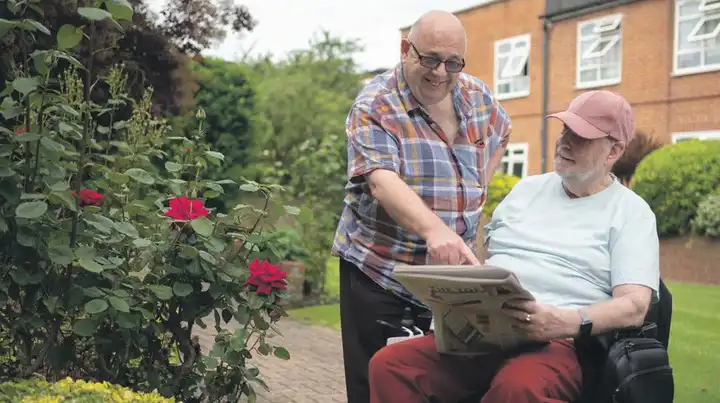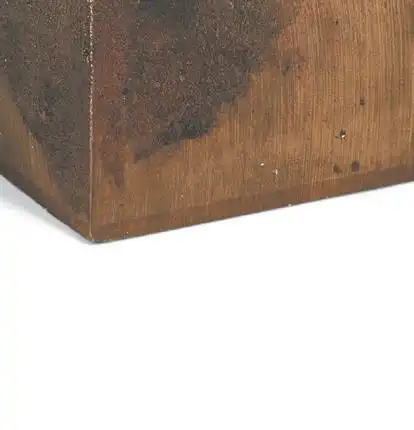
2 minute read
Let’s be role models for adults with CP
by Jewish News
A Jewish mum-of-three from Whetstone who has cerebral palsy is urging the community to become a centre of excellence in helping adults with the condition, writes Adam Decker.
Emma Livingstone co-founded UP – the Adult Cerebral Palsy Movement with Miriam Creeger, her physiotherapist, as a resource for adults, in part because the condition is seen as something children su er with.

Cerebral palsy (CP) is caused by abnormal brain development or damage to the developing brain that a ects a person’s ability to control his or her muscles. Around 165,000 people in the UK are a ected, and support in adulthood can be lacking.
“If you live in an area with a specialist community neurology team, they may be able to support you,” says Creeger. “If you just have a generic community team, that sees people with all di erent issues, then they may not have those specialist skills.”
NHS community neuro rehabilitation teams are described as “teams of therapists working with people after a stroke or acquired brain injury”, but Livingstone says even they might not be able to help those with CP.
“They don’t have the resources to support someone with CP, even in these community neuro teams. Because CP is not recognised as a neuro condition, you don’t get seen. The entrance criteria is, you’ve had a stroke or you’ve got a sudden onset condition like Parkinson’s or MS.”
There is, however, an opportunity to roll out a model of best practice in the Jewish community, says Livingstone, and this would help the arguments for resources at a national level. “There must be 700-800 Jewish people in the UK with CP, and 500 probably live in London or the southeast,” she says. “The Jewish community has always been a beacon of support for people. Historically, they have done that really well.”
Livingstone says that when she was a speech and language working with special needs children, if she knew they were Jewish she knew the
“avenues of support” that were available. “Similarly, when I had my own [hip] surgery, I could speak to Norwood and Jewish Care about them supporting my children.



“But much like the rest of society, for people with physical disabilities there isn’t a space for them within the Jewish network. People with physical disabilities do not have a natural home within the Jewish community’s charity sector.”
She and Creeger want to build models of good practice, “whether that’s showing the e ectiveness of a CP nurse or advocate, or else showing the benefits of multi-disciplinary team annual reviews, which they don’t get at the moment”. They want to show the government or the clinical commissioners what works. “We need those models of good practice where we can prove what we’re saying and where we can show it in action.
“There is an opportunity in the Jewish community to do that – to not only serve the Jewish people with CP who are being underserved as things stand, but also to be a beacon for the UK to show how it can be done both di erently and e ectively.”

Organisations such as JDA (the Jewish Deaf Association) started o serving the Jewish community before growing to have a far wider remit, Livingstone argues. “It’s not about being exclusive, it’s about serving people who are currently underserved.”







It is the latest idea from a busy charity, which is now known as Up – the Adult Cerebral Palsy Movement. In recent months, it has commissioned a report from the AllParty Parliamentary Group on Cer-










